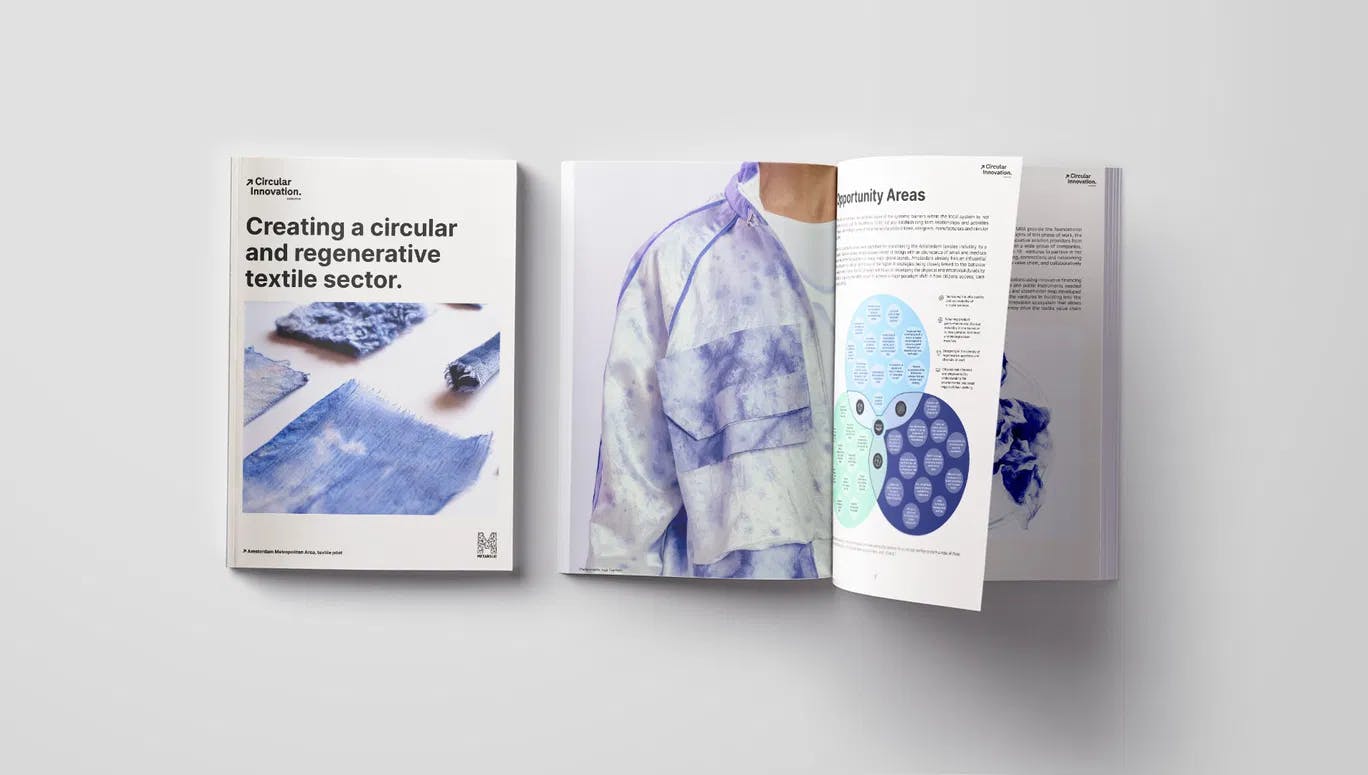
Circular Innovation Collective launches new approach to meet Amsterdam's circular textile goals
CIC, which is funded by the City of Amsterdam (Amsterdam Impact), DOEN Foundation and Goldschmeding Foundation, aims to bring systemic change to the regional textile sector and create new jobs.
Currently, EU citizens discard an average of 11 kilograms of textiles annually, mostly clothing worn only seven to ten times. CIC believes that changing course in the textile sector is possible. In a regenerative and circular system, textiles are designed to be kept in the loop at their highest value for as long as possible.
By the end of this two-year program, CIC aims to have created a proven methodology and a multi-phased innovation journey that other Dutch cities, regions and sectors can replicate. CIC’s approach consists of four phases:
- Identify circular innovation gaps;
- Accelerate high-value circular solutions that help close these gaps;
- Develop new impact-driven financing mechanisms for circular business models;
- Scale our impact through replication and educational programs.
“CIC is rooted in Metabolic’s research on Financing Circular Economy Innovation in the Netherlands. Our research shows that the circular economy is inadequately financed. Right now, the acute funding gap is an estimated 360 million - 1,7 billion euros in the Netherlands. The CIC was brought to life to overcome these barriers for financing the circular economy," says Metabolic founder and CEO Eva Gladek
“We use our tools and global network to scout the innovative businesses that offer high-value R-solutions to the most urgent innovation gaps in the textile chain. Metabolic has captured these innovation gaps in its recently launched report, which introduces the Vision and Theory of Change for a circular and regenerative textile chain," says Impact Hub Amsterdam co-director Manon Klein.


